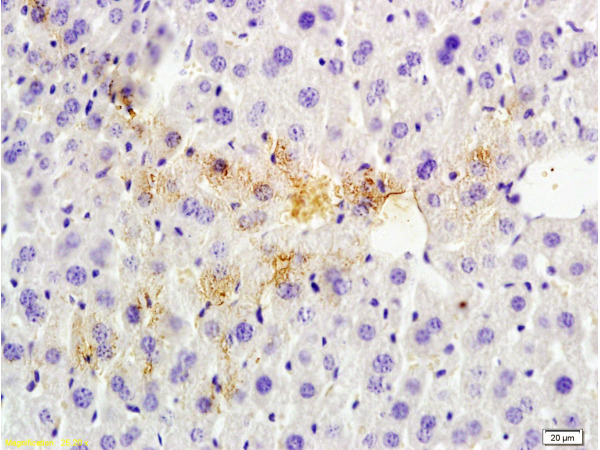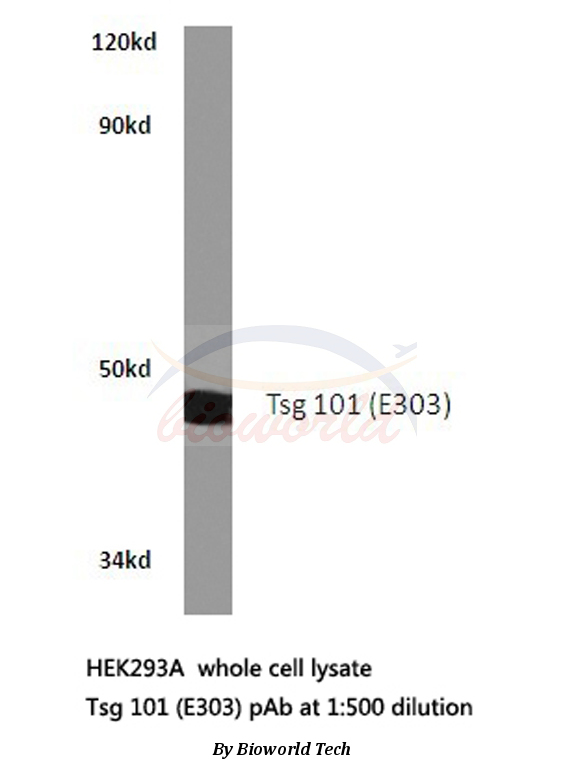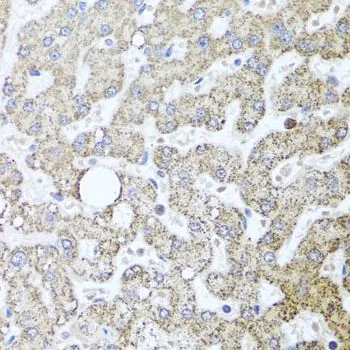TSG101 ELISA Pair
GTX500018
ApplicationsELISA
Product group Antibodies
ReactivityHuman
TargetTSG101
Overview
- SupplierGeneTex
- Product NameTSG101 ELISA Pair
- Delivery Days Customer9
- Application Supplier NoteWe recommend using the capture antibody at a concentration of 5microg/mL and the detection antibody at a concentration of 1.5microg/mL. Optimal dilutions should be determined experimentally by the researcher.
- ApplicationsELISA
- CertificationResearch Use Only
- Gene ID7251
- Target nameTSG101
- Target descriptiontumor susceptibility 101
- Target synonymsTSG10, VPS23, tumor susceptibility gene 101 protein, ESCRT-I complex subunit TSG101, tumor susceptibility gene 10, tumor susceptibility gene 101, tumor susceptibility protein
- Scientific DescriptionThe protein encoded by this gene belongs to a group of apparently inactive homologs of ubiquitin-conjugating enzymes. The gene product contains a coiled-coil domain that interacts with stathmin, a cytosolic phosphoprotein implicated in tumorigenesis. The protein may play a role in cell growth and differentiation and act as a negative growth regulator. In vitro steady-state expression of this tumor susceptibility gene appears to be important for maintenance of genomic stability and cell cycle regulation. Mutations and alternative splicing in this gene occur in high frequency in breast cancer and suggest that defects occur during breast cancer tumorigenesis and/or progression. [provided by RefSeq]
- ReactivityHuman
- Storage Instruction-20°C or -80°C,2°C to 8°C
- UNSPSC12352203






